Onde Estamos
Rod. Dom Pedro I, km 47
Nazaré Paulista, SP, Brasil
Caixa Postal 47 – 12960-000
Tel: (11) 3590-0041
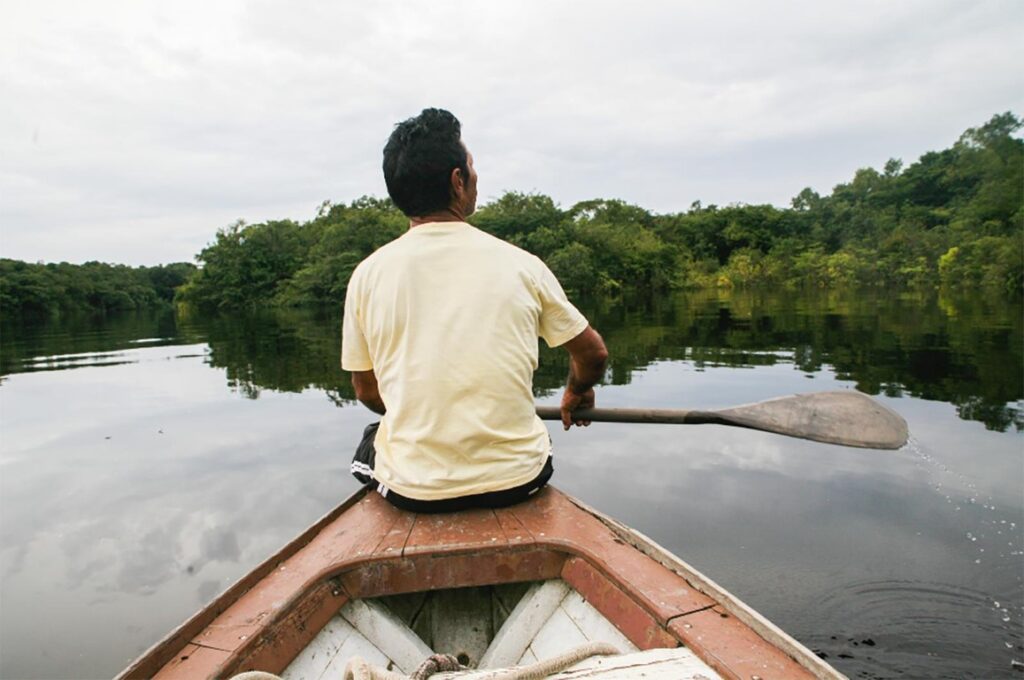
The region of the lower Negro River has a series of spatial characteristics that elevate it to the category of tourist center in the state of Amazonas. Supported by these premises, IPÊ has been developing, since 2003, the Community-Based Tourism project in the lower Negro River, with the aim of organizing tourism activities in the region, integrating the interests of conservation with those of regional development.
IPÊ’s actions involve partnerships with the local government, the tourist trade and the community. The actions carried out with the local government aim to improve the management of tourism and attractions in the region, involving the institutions that work with the management of Conservation Units (CUs). These include support for drawing up the Public Use Plan for the Tupé Sustainable Development Reserve (RDS Tupé), support for ICMBIO in drawing up the Emergency Public Use Plan for the Anavilhanas National Park (PARNA Anavilhanas), and support for drawing up a Business Plan for visitors to the Rio Negro State Park – North and South sectors (PAREST Rio Negro).
The project’s complementary actions involve the tourist trade in the planning of tourist activities. To this end, the project is taking part in a series of local initiatives, such as drawing up a “Code of Conduct” for visiting the Conservation Units of the lower Rio Negro and carrying out training activities for the trade (travel agencies, guides, canoeists, owners of tourist boats and jungle hotels).
Community involvement in biodiversity conservation activities takes place across the board in IPÊ’s projects in the region. Specifically in relation to tourism, the actions aim to identify and involve communities in places where these activities already exist in an initial form. IPÊ collaborates in planning and training community members in economic activities directly related to welcoming tourists and visitors, such as training in the production of handicrafts and regional foods, exchanges of experiences between communities, short courses to train local drivers and the use of environmental interpretation on forest trails.
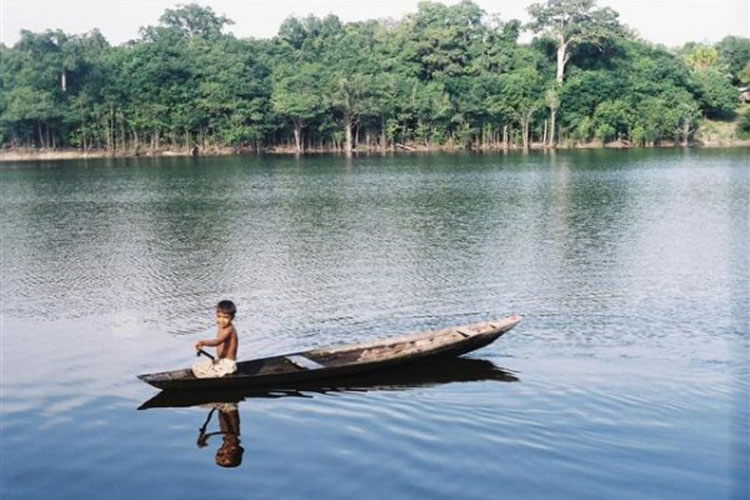
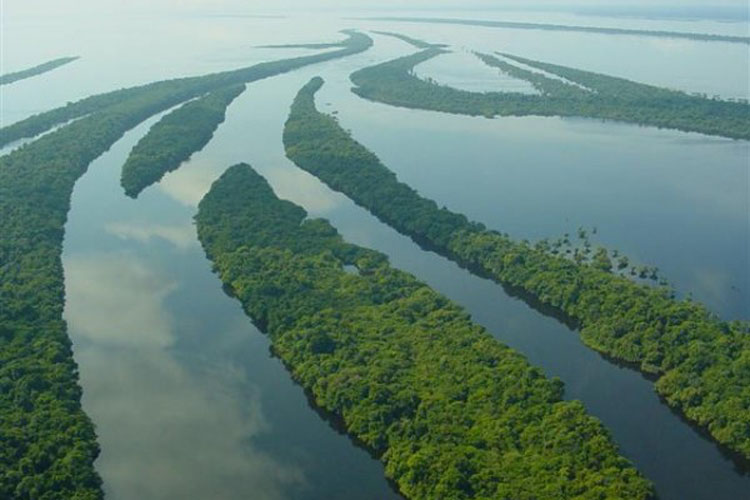
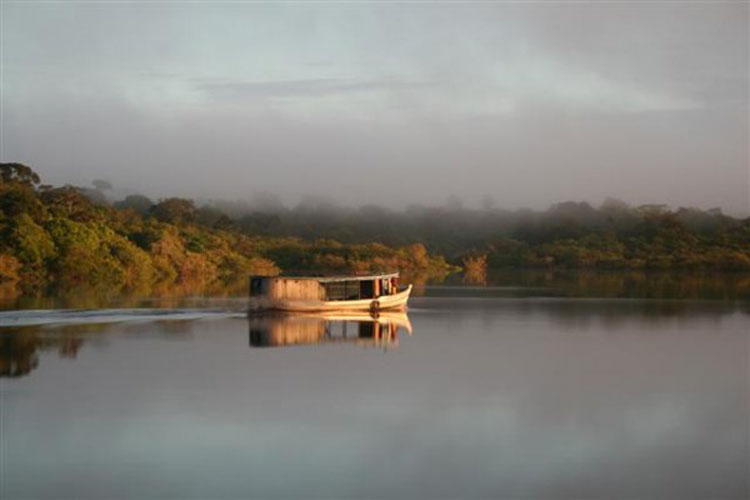
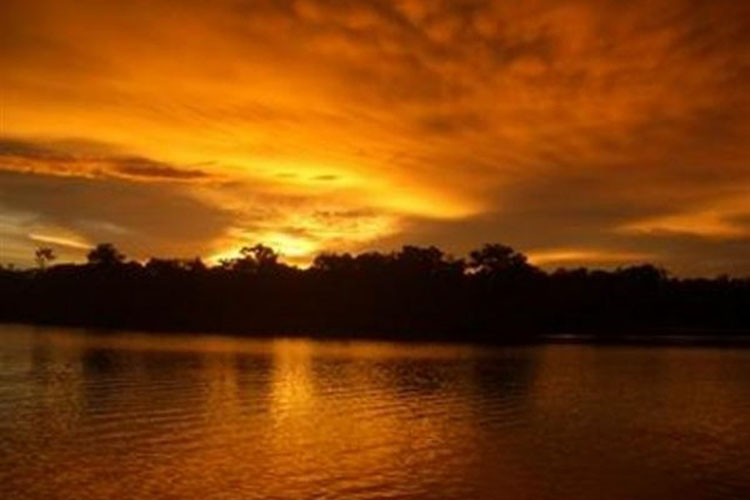
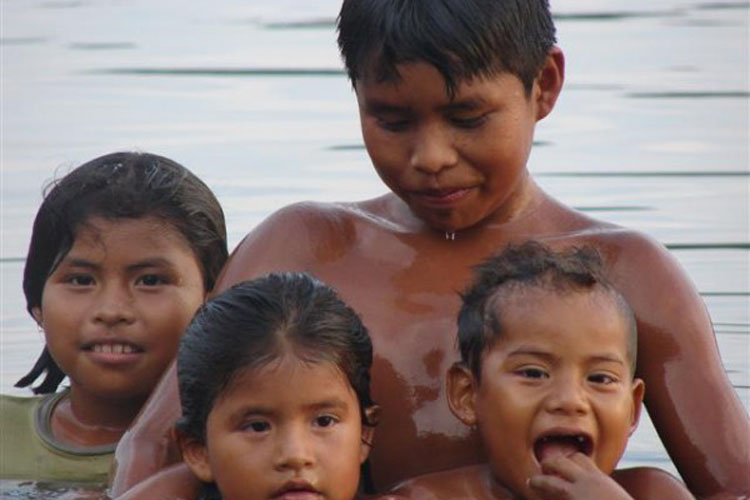
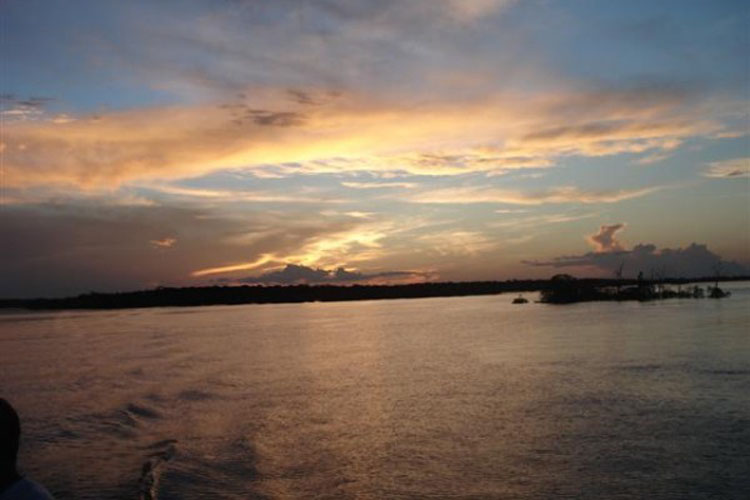
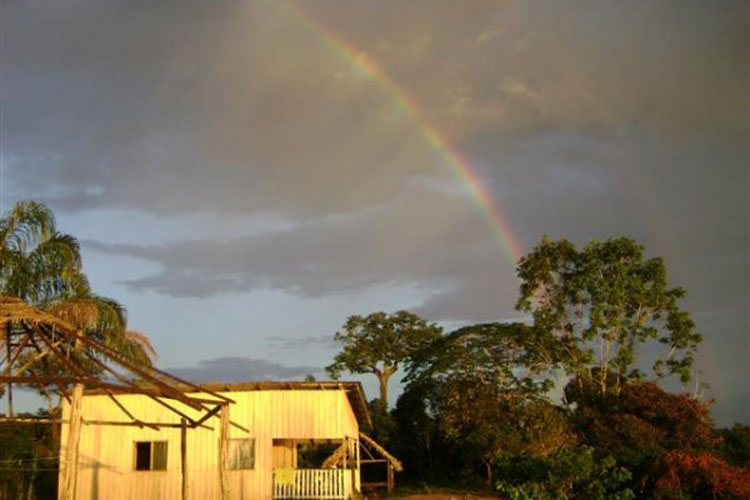
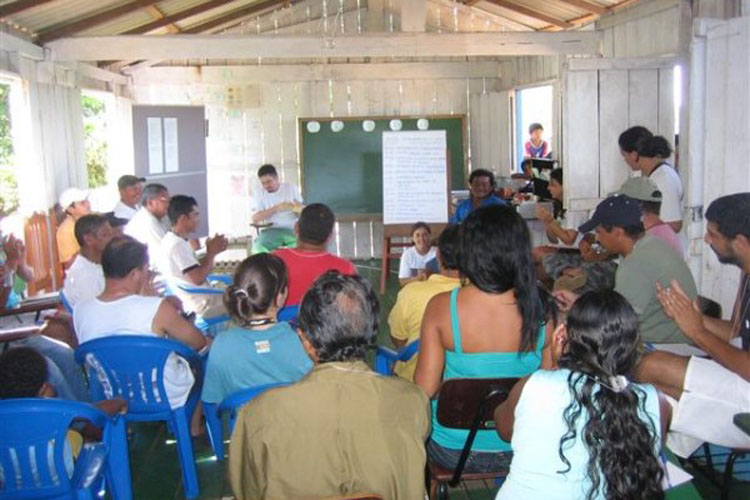
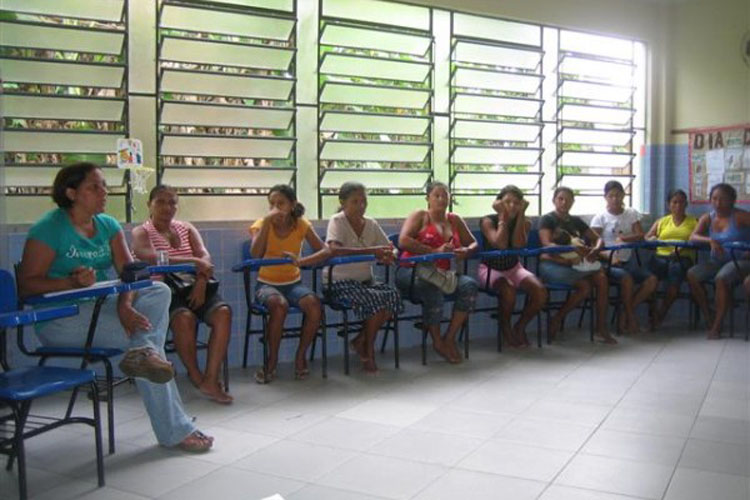
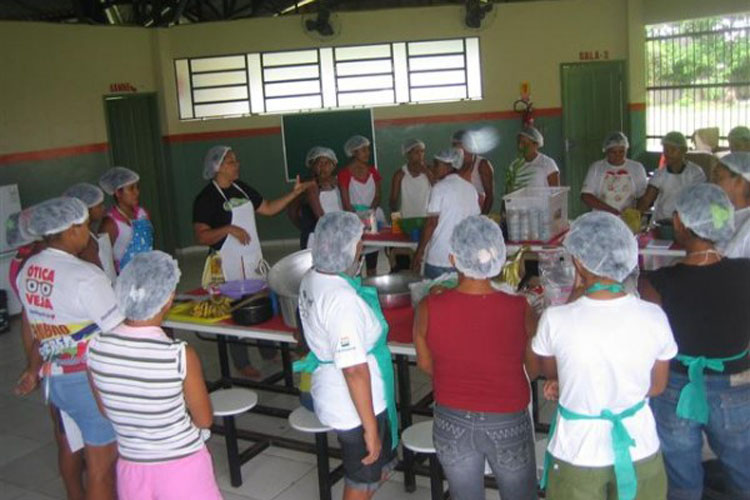
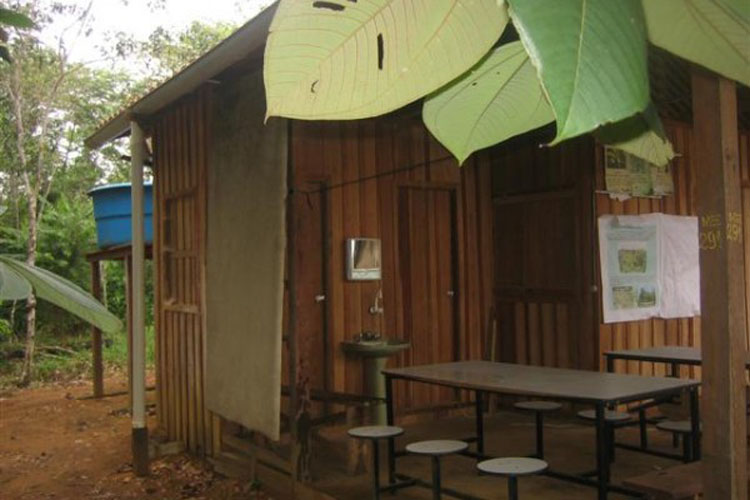
Rod. Dom Pedro I, km 47
Nazaré Paulista, SP, Brasil
Caixa Postal 47 – 12960-000
Tel: (11) 3590-0041
Termos de Uso | Estatuto
Copyright © Ipê – Instituto de Pesquisas Ecológicas.
Email: ipe@ipe.org.br